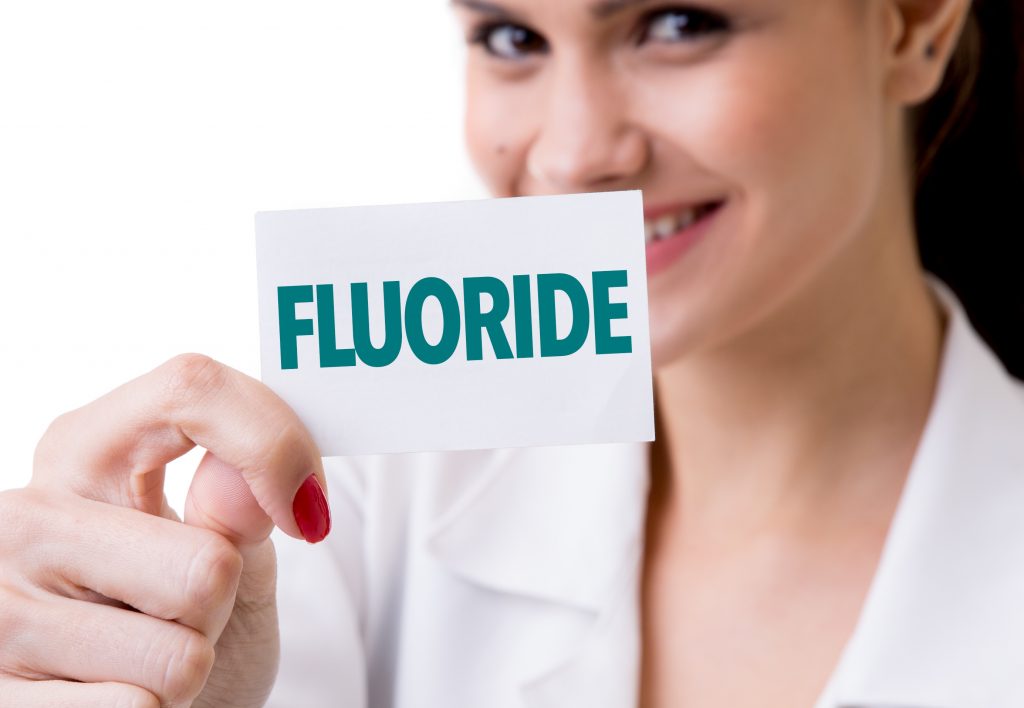
Fluoride has been named one of the top 10 most important public health measures of the 20th century. It’s a naturally occurring mineral in both foods and water. Fluoride strengthens enamel from the outside and inside of the teeth. There are many benefits to know about both systemic and topical fluoride.
Drinking fluoridated water helps to build up and harden enamel as teeth develop. Fluoride in water has been proven to reduce tooth decay in children by 20% to 40%. When fluoride is applied in the dental office it stops the growth of cavity causing bacteria. Both systemic and topical are beneficial. Let’s brush up on some fluoride facts.
https://www.instagram.com/p/BRtIYskB9GI/?utm_source=ig_web_copy_link
Systemic Fluoride Facts
Systemic fluoride refers to drinking fluoride in a community water supply. It can also refer to taking a daily fluoride tablet or supplement. The American Dental Association (ADA), Environmental Protection Agency (EPA) and the Centers for Disease Control and Prevention (CDC) have over 70 years of systemic fluoride studies. All of them show many benefits to systemic fluoride.
- A 2011 study by the CDC, found children in Alaska who did not have access to fluoridated water had a 32% higher risk of tooth decay than those with fluoride in their water.
- The Journal of Dental Research published a study in 2007; it stated that adults who were exposed to systemic fluoride as a child had 27% less tooth decay as an adult.
- Water fluoridation also saves money. In 2003, the state of Colorado reported a savings of $149 million dollars by avoiding unnecessary dental treatment costs.
Topical Fluoride Facts
When fluoride is directly applied to the outside of the teeth that is called topical fluoride. In the dental office gels, foams or varnishes are applied to the teeth after dental cleanings to reduce decay and strengthen enamel. At home, fluoride is in toothpastes and mouth rinses to be used on a daily basis. Topical fluoride reduces the bacteria that causes dental decay and cavities. It also helps to remineralize and harden weakened enamel. Studies show brushing with a toothpaste containing fluoride is a reliable way to prevent cavities.
- A 2016 study in Europe showed high fluoride toothpastes increased the surface hardness of enamel.
- The World Health Organization (WHO) recommends and supports the the addition of fluoride in toothpastes, especially in areas where there is no access to fluoridated water.
- According to the ADA, fluoride in toothpastes reduce sensitivity and prevents root decay in adults.
When choosing a toothpaste or mouth rinse to use at home, look for the ADA seal of approval. This ensures the products are tried, tested and have proven results to improve your dental health. When you’re in the office at the Dental Store, you can count on our staff to provide the best fluoride recommendations and applications.




